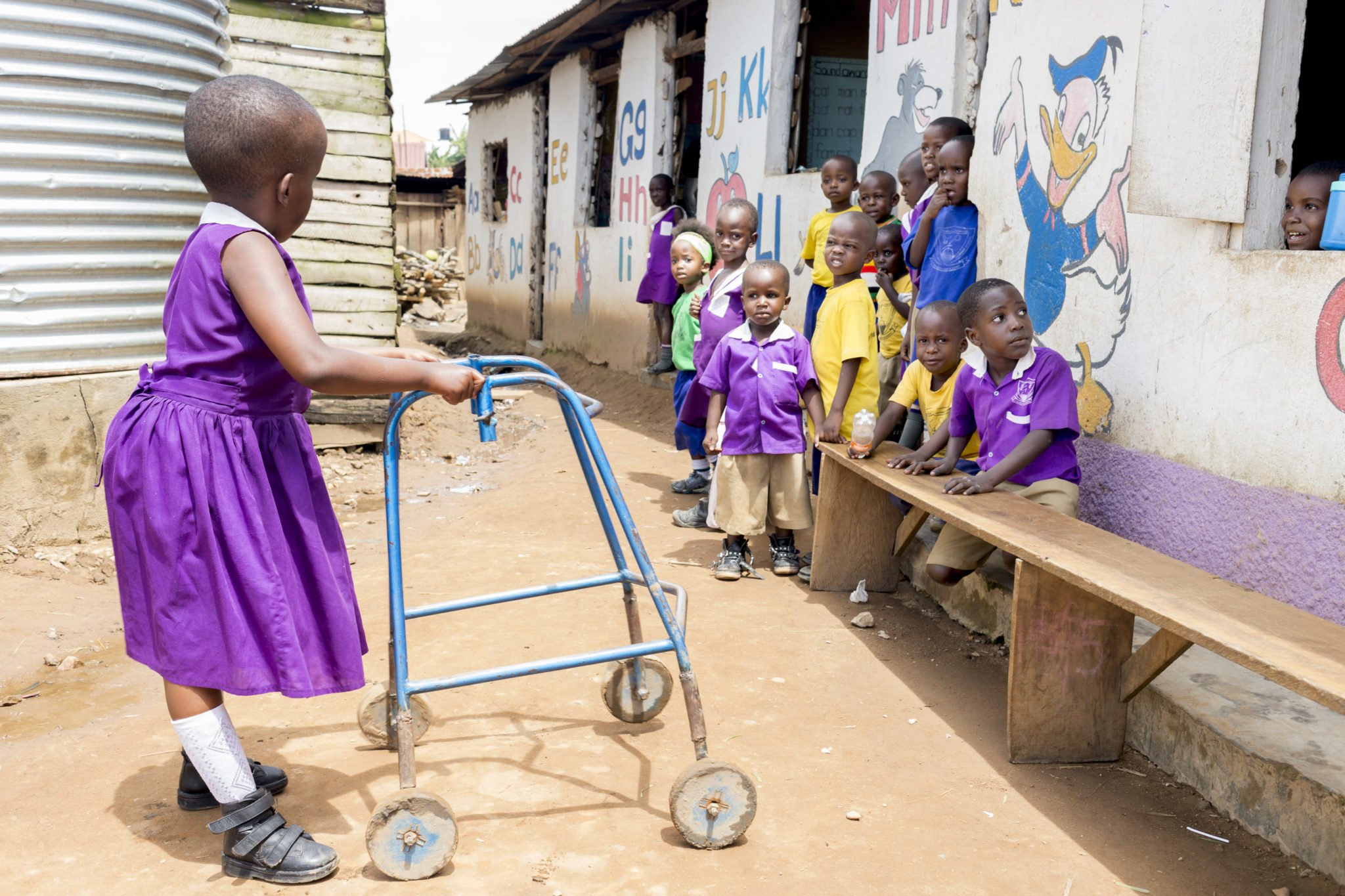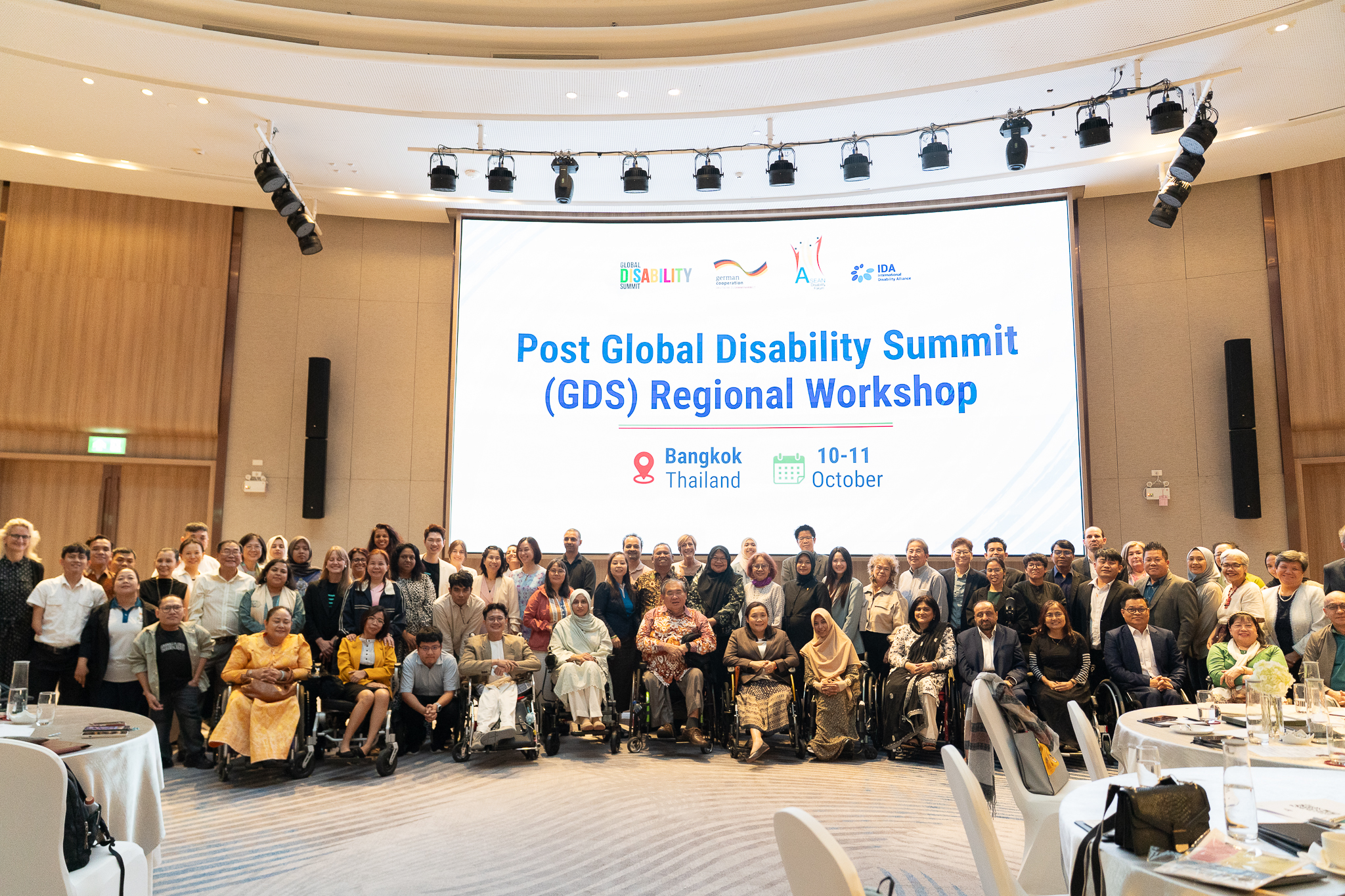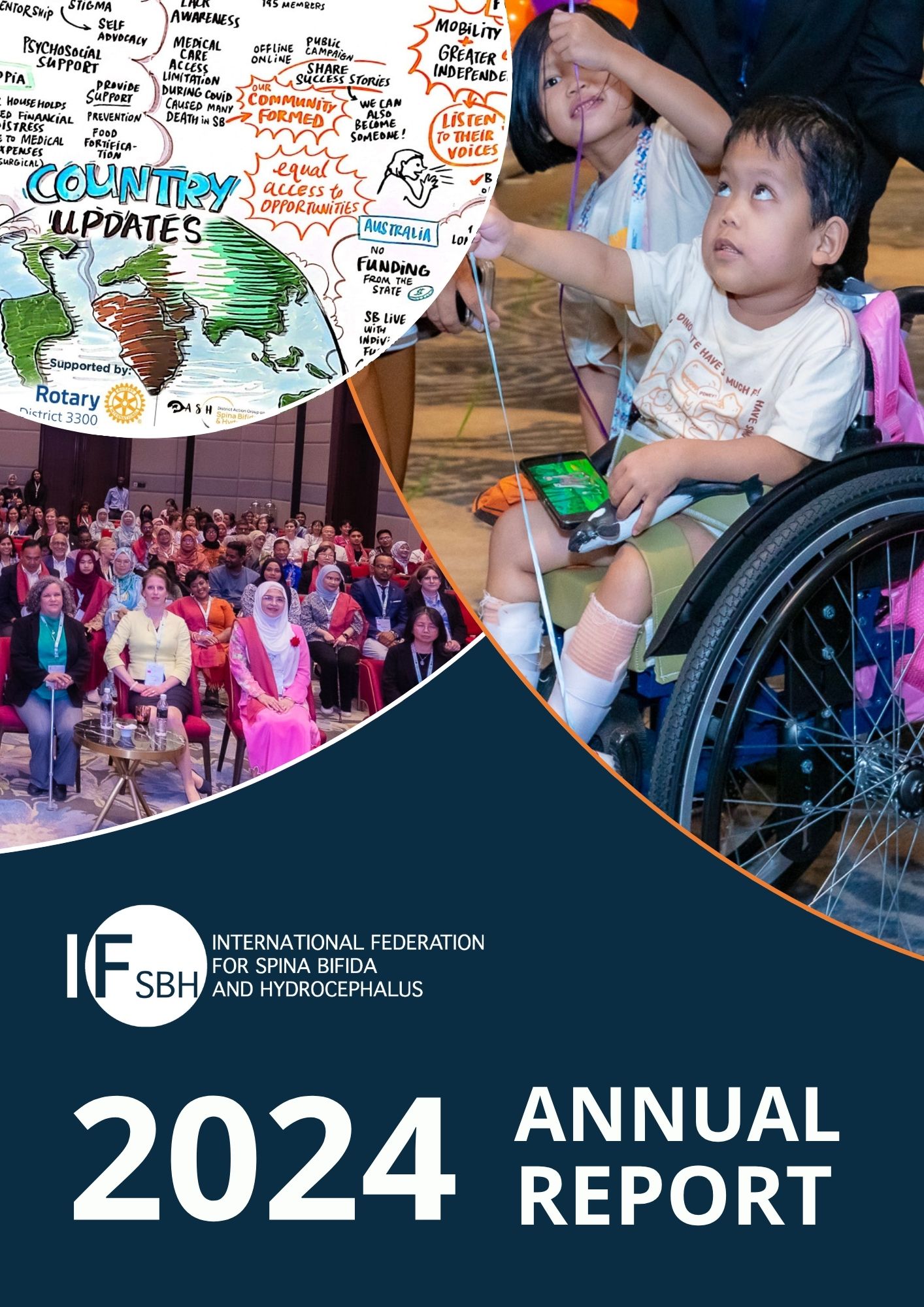28 March 2019 // Femke Bannink, Ruth Nalugya and Geert van Hove together with other partners in Uganda carry out the study ‘Evidence based inclusive education for children with disabilities’. They published a paper called ‘They Give Him a Chance – Parents’ Perspectives on Disability and Inclusive Primary Education in Uganda’, aiming to give a new perspective on how disability is perceived in Uganda, and to develop a better way to include children with disabilities in the primary education system.
Currently, inclusive education interventions in low-income countries are dominated by definitions and frameworks from disability studies and educational research scholars from high-income countries. With the aim to give alternative starting points for inclusive primary education programmes, the researchers explore the themes ‘missing parts’, the ‘ability to manage’, ‘belonging to a family’, and ‘being given a chance’ as key concepts of disability and inclusion. They found that recognition and belonging are key. It recognises a child as a human being and part of humanity (‘obuntu bulamu’). They propose a framework in which belonging (the attachment to people and places in a person’s life) is placed before being (who the person is) and becoming (things the person does through life).
They argue that to promote inclusive education in low-income countries, we need to listen to children and parents and develop alternative, more culturally embedded primary education programmes. These new inclusive interventions should focus on the sense of togetherness and caring for each other, which are an essential part of the Ugandan culture.
We are grateful to Norad, who provides IF with funding to make this study possible, and to the authors, who are IF’s much valued partners. For more information about the project and obuntu bulamu please contact [email protected].
- Read the abstract in the International Journal of Disability, Development and Education
- Discover Obuntu bulamu: video narratives of children with disabilities in Uganda
The video narratives consist of an introduction (Obuntu bulamu) and 3 video narratives of children with a disability: Mercy, Josephine, and James. It shows daily experiences of children with disabilities in their home and school lives, and gives them and the main actors involved in their lives a voice. Children, parents, and teachers developed scripts together with a professional documentary maker. The narratives emphasize the importance of belonging and caring for each other to make inclusion possible. The videos invites scholars and students to embrace African descriptions and models of belonging when studying inclusion, critically reflect on postcolonial research, and build bridges between academic institutions in the North and South.
Femke Bannink is a post-doctoral researcher working on inclusion of children with disabilities. The results of the study echo those of her previous research, in which she found that the involvement of parents and their socio-economic status plays a big role in the cognitive development of children with spina bifida and hydrocephalus, even more so than other (medical) parameters. Geert van Hove is also a researcher in the field of Disability Studies and Inclusive Education, while Ruth Nalugya is a social scientist at the MRC/UVRI & LSHTM Uganda Research Unit and Executive Director at the Spina Bifida and Hydrocephalus Awareness Network.





